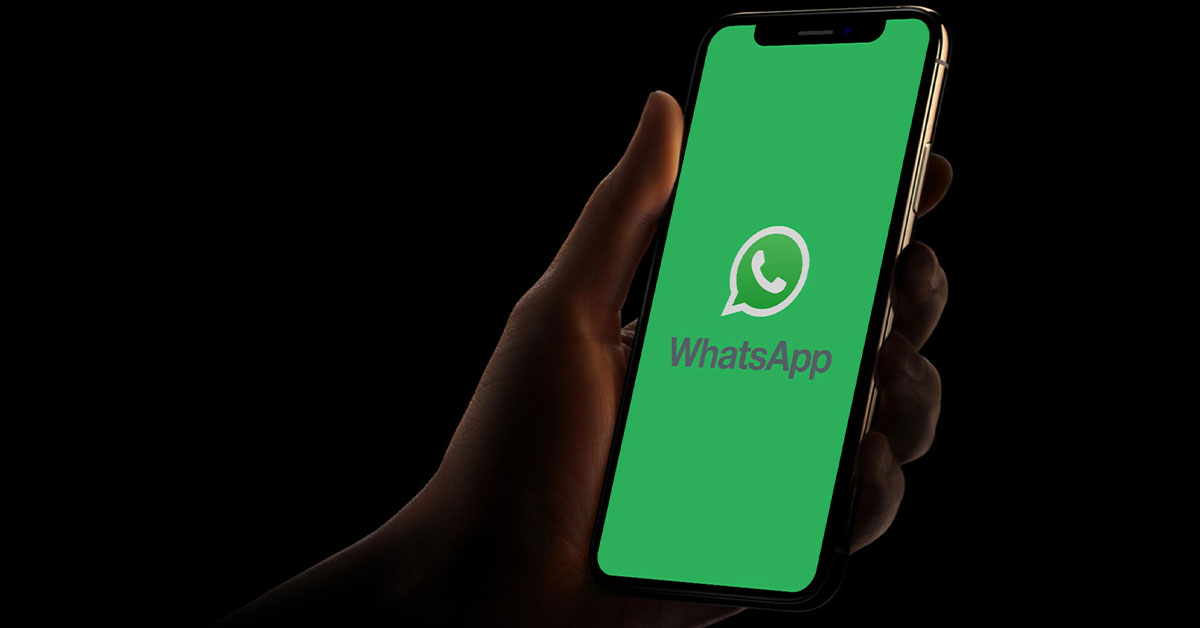What can you do if there’s an urgent Whatsapp message that you’ll have to send but your phone is dead and there’s no phone charger around?
Well, if this very specific situation happens, know that you’ll soon be able to send that urgent Whatsapp message via its web app without having to use your phone.
Plus, the service’s prized end-to-end encryption will still work so your messages will be kept private from any prying eyes.
Whatsapp is Beta-testing a Widely-Requested New Feature
Currently, Whatsapp Web is simply a “mirror” version of its smartphone-based counterpart.
This means that although you can use the same Whatsapp account on up to four other devices, including on PCs and tablets, the main Whatsapp account on your smartphone needs to be connected to the internet so you can send and receive messages.
In the event where your main Whatsapp account cannot be accessed, such as when your phone’s dead, you won’t be able to use the desktop and web apps either… that is until the phone is charged.
With this new feature, you will be able to use Whatsapp Web even when your phone’s dead.
Whatsapp is beta-testing the new feature for a “small group of users”.
The team behind this new feature plans to use the feedback obtained to improve the performance of the feature and add a couple more features before introducing it to all users of the app.
According to Whatsapp, this feature has been long-awaited and widely requested by their 2-billion users.
That being said, this feature isn’t new in the industry despite being new to Whatsapp.
A rival app, Signal, already has the feature since it only requires a phone for sign-up but doesn’t require a phone for its users to exchange messages.
Introducing a New Whatsapp Multi-Device Architecture
The Facebook engineering team is rethinking Whatsapp’s software design in hopes of taking smartphones out of the equation for use on companion devices such as on the PC.
They explained that currently, the smartphone app is “the primary device, making the phone the source of truth for all user data and the only device capable of end-to-end encrypting messages for another user, initiating calls, etc”.
Companion devices need to have a connection with the phone in order to mirror its contents on their own respective UIs.
Despite the advantage of having such a system, there are some significant trade-offs.
As explained by the team, “By requiring the phone to perform all operations, companion devices are slower and frequently get disconnected — especially when the phone has a poor connection, its battery is running low, or the application process gets killed by the phone’s OS.”
“It also allows for only a single companion device to be operative at a time, meaning people can’t be on a call in Portal while checking their messages on their PC, for example.”
This is why the team is so excited to introduce a new Whatsapp multi-device architecture that will eliminate these issues while making sure that user’s data can be seamlessly and securely synchronized and be kept private.
Without going into too technical details, this new system works by giving every connected device a unique “identity key”, and the app keeps a record of which keys belong to the same user.
This also means that there’s no need to store any Whatsapp messages on a server, which may give rise to privacy concerns.
That being said, Jake Moore, a security specialist at anti-virus-company Eset, was quoted as saying that, “Domestic abusers and stalkers could now have the potential of using this new feature to their advantage, by creating additional endpoints in order to capture any synchronised private communications.”
“It is therefore vital that people are aware of all the devices that are connected to their account.”
Featured Image: Eliseu Geisler / Shutterstock.com
